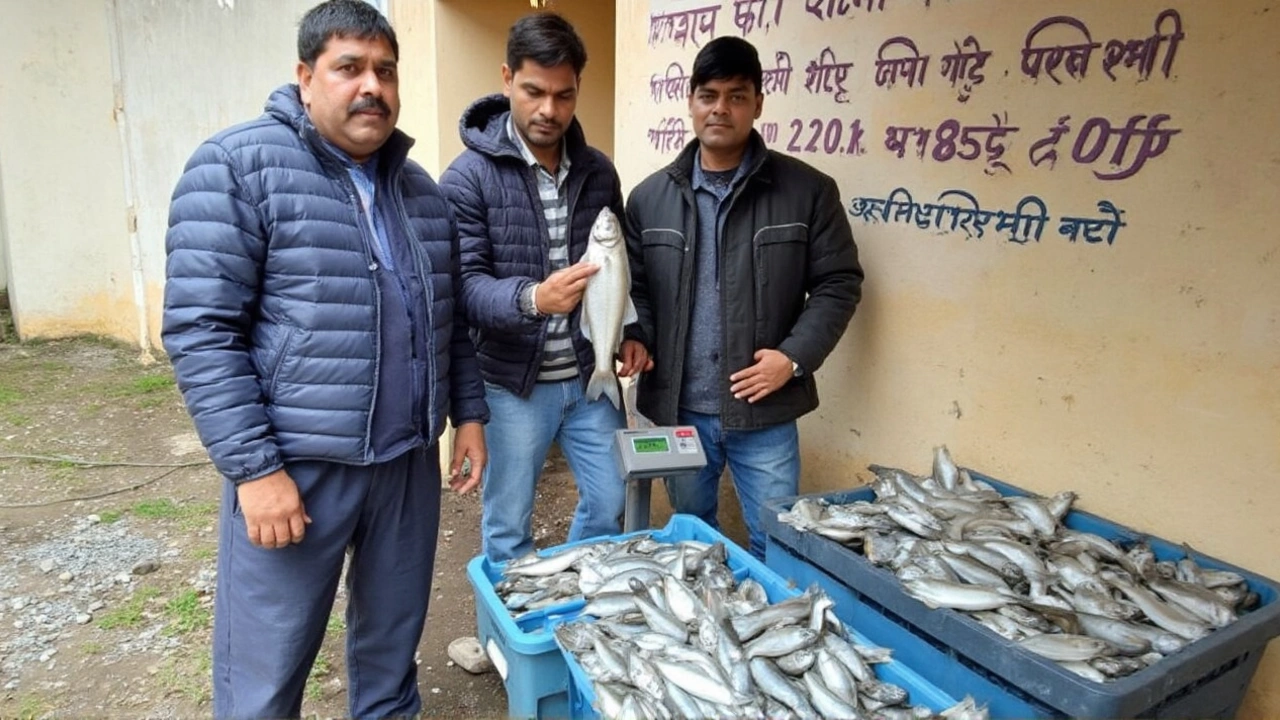Border Security: What You Need to Know
When it comes to keeping a country safe, border security is one of the biggest pieces of the puzzle. It covers everything from checking passports at airports to patrolling land borders with vehicles and drones. People often think it’s only about stopping illegal crossings, but it also protects trade, stops smuggling, and helps emergency services respond faster.
Why Border Security Matters
First, good border security protects the economy. When customs officers check cargo, they prevent counterfeit goods and dangerous items from getting in. This keeps prices stable and stops unsafe products from hurting consumers. Second, it helps stop dangerous people from entering. By checking IDs, visas, and background info, authorities can spot threats before they become a problem.
Third, border security supports tourism. Travelers feel safer when they know checkpoints are efficient and fair. Quick processing means less waiting and a better experience for visitors, which brings more money to local businesses. Finally, strong border patrols help during natural disasters. They can move supplies across borders quickly, making relief work smoother.
Practical Steps to Stay Secure
If you travel often, there are a few easy things you can do. Keep your passport and travel documents in a safe spot, but be ready to show them at any time. Have a digital copy saved on a phone or cloud service; it can save a lot of hassle if the original gets lost.
Know the rules of the country you’re entering. Some places require a special health certificate or a vaccination record. A quick check on the official immigration website can prevent a surprise at the gate. Also, be honest on your forms. Mistakes can cause delays or even denial of entry.
While waiting in line, stay aware of your surroundings. If a security officer asks a question, answer calmly and clearly. Don’t argue—if you feel something is unfair, you can file a complaint later, but getting through the checkpoint quickly is the priority.
For businesses that import or export goods, working with a customs broker can make things smoother. They know the paperwork, tariffs, and rules, so your shipments move faster and avoid fines. Keep records of every shipment; this helps if customs asks for proof later.
Technology is changing the way borders are protected. Many airports now use facial recognition to match faces with passports, cutting wait times. Land borders use sensors that detect movement and even drones that patrol hard‑to‑reach spots. Staying updated on these tools can give you an edge, especially if you run a logistics company.
In short, border security isn’t just a government job—it affects travelers, shoppers, business owners, and anyone who relies on safe, smooth movement across borders. By understanding why it matters and taking a few simple steps, you can keep yourself and your community safer.
ITBP Recruitment 2025: 48 Assistant Commandant Telecom Posts Open for Engineering Graduates
The Indo-Tibetan Border Police is recruiting 48 Assistant Commandant (Telecommunication) officers for 2025. Engineering graduates under 30 can apply online between 21 January and 19 February. The selection process includes tests, interviews, and a medical exam. These officers oversee crucial border telecom systems.
VIEW MORE